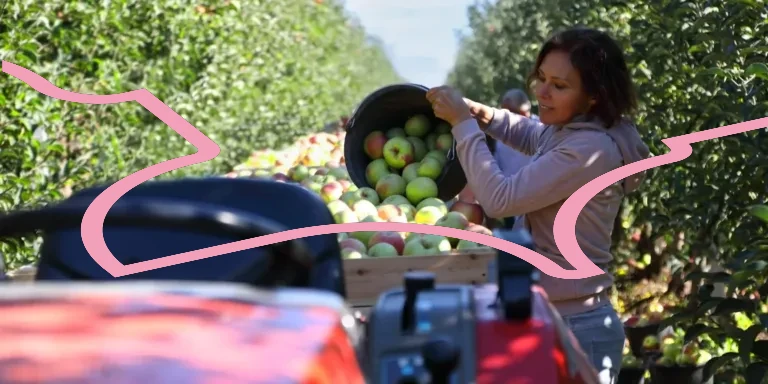A recent announcement from Defra has seen the Seasonal Agricultural Workers Pilot Scheme extended to 30,000 EU workers.
Lodders’ agricultural employment law specialist explains.
On 22 December 2020, the Government’s Department for Food, Environment and Rural Affairs (Defra) announced that the Seasonal Workers Pilot, originally launched in 2019, has been extended and expanded for an additional year, with 30,000 visas available for EU workers wanting to work on UK farms for a period of up to six months in 2021.
Lodders’ agricultural employment experts had been monitoring developments in the seasonal workers’ arena, as those involved in farming and horticulture try to plan for a future outside the European Union.
Further clarity for seasonal workers
Since our previous article on seasonal workers, some further clarity has been brought about the scheme which will be very welcome to those businesses reliant on this workforce. The extended pilot will continue to be managed by the Home Office under the T5 (Temporary Worker) Seasonal Worker immigration route. This continues to enable workers from outside of the EU to be hired for a period of up to six months to help out on UK farms during peak production periods.
Whilst this is a significant step forward, it is unlikely to meet the sector’s entire seasonal workforce need. However, it will offer support to growers across the UK who have not previously benefitted from the scheme.
Recruitment is at an advanced stage in Ukraine and Moldova and that recruitment is being established from Russia, Belarus, and Morocco.
Automation in the agriculture sector
At the same time, Defra will also lead a review into automation in horticulture, reporting on ways to increase automation in the sector and meet the Government’s aim of reducing the need for migrant seasonal labour.
Domestic seasonal workers
Defra has also announced that it will work with the farming industry to build on this years’ ‘Pick for Britain’ campaign to promote the recruitment and retention of domestic seasonal workers in 2021.
The campaign was launched during the initial coronavirus lockdown to encourage UK-based workers to take on seasonal jobs during the busy harvest months to help keep the nation fed, but was felt to have mixed success.
Hiring seasonal workers from outside the UK
Whilst this is at least a step in the right direction, from a legal perspective, it remains important to be aware that if you hire seasonal workers from outside of the UK, you need to ensure you do so in line with UK immigration rules and UK employment law rules, as getting the employment status of agricultural worker’s wrong can be costly for business owners.
More information
If you need any advice on agricultural employment status or any other employment-related matter, please contact our Employment team.
Contact usContact us
Need more advice?
For help with a legal problem or more information on any of our services at Lodders, please get in touch with our friendly team. You can contact us via the number or email address below, or fill in the form and we will get back to you as quickly as we can.

Contact a member of the team
Read more
Other news, insights and events








